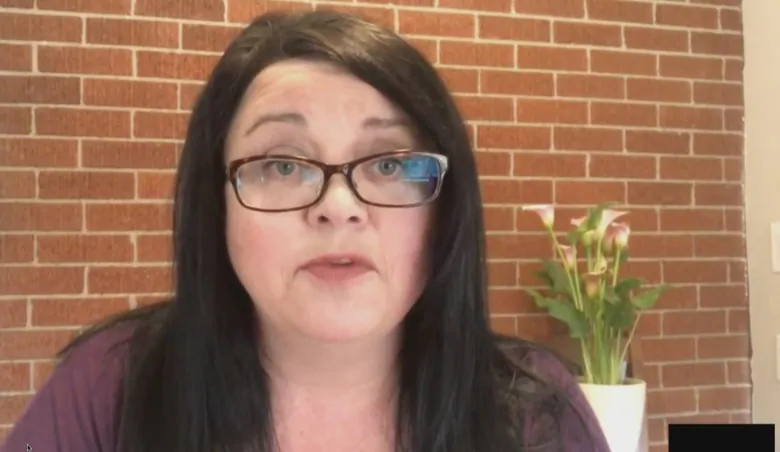This summer, many Canadians may choose to explore their own country due to closed borders and concerns about contracting COVID-19 while travelling abroad. Here’s what you need to know about travel advisories and restrictions for each province.

This summer, many Canadians may choose to explore their own country due to closed borders and concerns about contracting COVID-19 while travelling abroad.
“People will be sticking closer to home, going out in the cars because they [have] control. It’s their bubble,” said Allison Wallace, spokesperson for travel agency Flight Centre.
Despite the pandemic, Canadians will still be able to visit national and provincial parks and stay in hotels.
But before hitting the road or booking a flight, it’s important to first check the rules of the province you want to visit.
Currently, Newfoundland and Labrador, Prince Edward Island, New Brunswick and the territories are banning visitors from other provinces.
Provinces in the rest of Canada are advising against non-essential travel, but their borders are still open to Canadian travellers.
Visitors to Manitoba and Nova Scotia, however, will first have to self-isolate for 14-days — a rule that’s likely to keep many people away.

Staying close to home safest bet
Provinces may ease — or tighten — their travel rules this summer, depending on their COVID-19 numbers, so it’s also important to stay up-to-date on your desired destination.
“Everybody is navigating this differently based on the situation they have locally, so we may see some provinces move at a different pace than others,” said Elliott Silverstein with CAA Insurance. The CAA — the Canadian Automobile Association — provides both auto and travel services.
And if the current restrictions and advisories remain, your safest bet this summer may be to stay close to home.
“If these barriers — if they’re not removed — it will effectively lead people … to travel within your own province,” said Silverstein.
The current travel rules for each province are listed below. Note that Canadians entering any province from another country must self-isolate for 14 days upon arrival.
N.B., N.L. and P.E.I.
Until further notice, New Brunswick, Newfoundland and Labrador and Prince Edward Island have closed their borders to out-of-province visitors to help stop the spread of the coronavirus.
In New Brunswick and P.E.I., peace officers stationed at land border crossings are authorized to turn travellers away if they attempt to enter.
“It goes against Islanders’ nature to not welcome visitors to the province, but it is what is needed at this time,” said P.E.I. government spokesperson Vickie Tse in an email.
However, the island is set to make an exception for some out-of-towners: Canadians with seasonal properties on P.E.I. can request entry by submitting an application starting Monday. New Brunswick will allow travellers, such as P.E.I. cottage owners, to drive through its province to get to their destination.

Provinces shutting their borders to fellow Canadians has raised concerns from both legal experts and some travellers.
Kim Taylor of Halifax was devastated when Newfoundland and Labrador refused her request earlier this month to attend her mother’s funeral in the province. She was allowed in 11 days later — after speaking publicly about her case.
Last week, Taylor and the Canadian Civil Liberties Association launched a court challenge against Newfoundland and Labrador, alleging its border ban is unconstitutional.
The Newfoundland and Labrador government told CBC News it couldn’t comment on a case before the courts.
WATCH | Travel bubbles considered for regions with low COVID-19 cases:
Some regions with low COVID-19 cases, including some Canadian provinces, are considering creating so-called travel bubbles to allow people to move freely within those areas, but experts say the concept has many flaws. 1:59
Residents in Newfoundland and Labrador, New Brunswick and P.E.I. can visit other parts of Canada, but must self-isolate for 14 days upon th

